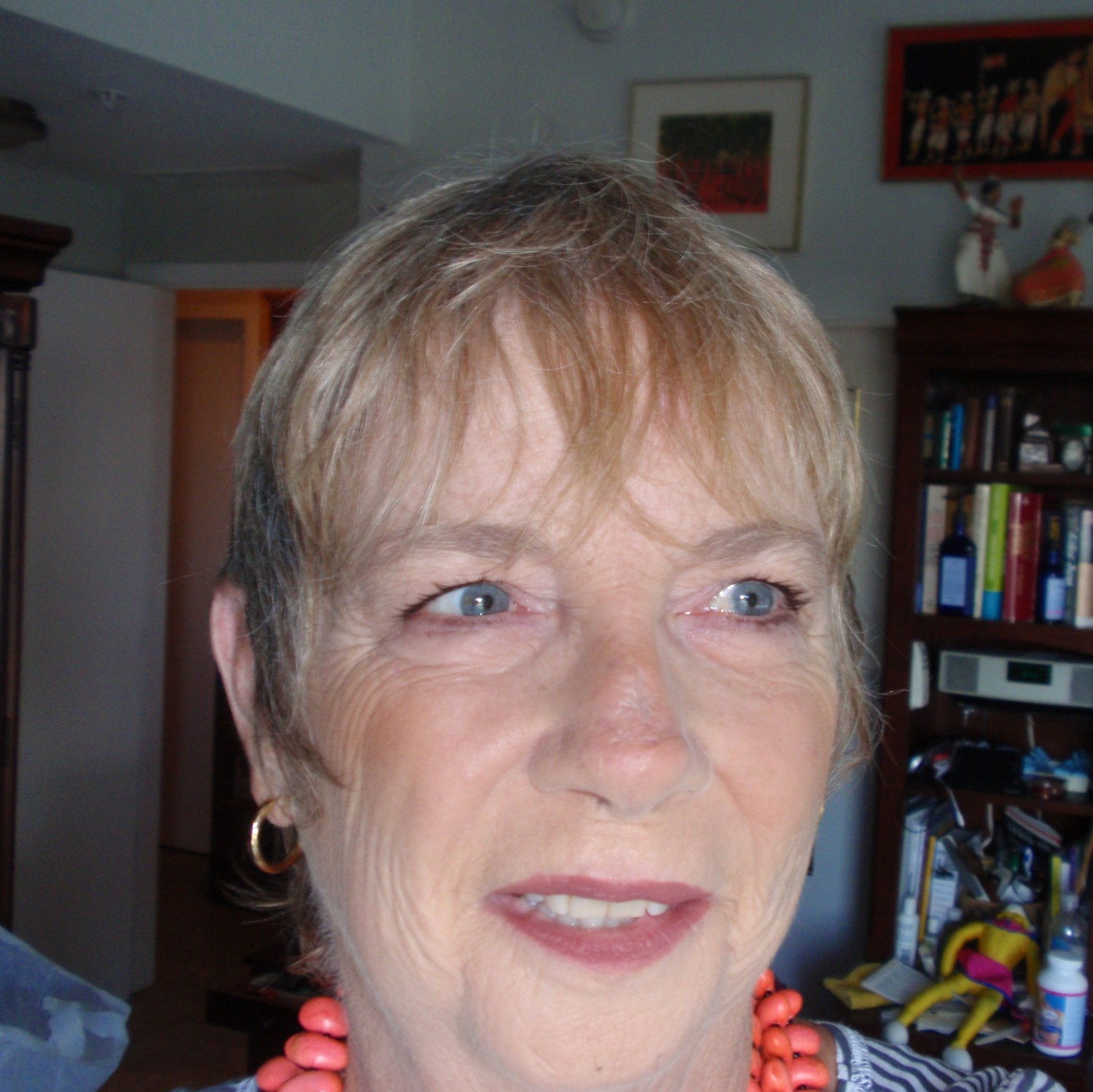After countless revisions, edits and sleepless nights, I finally sent out queries for my maiden novel, Wild Echoes Flying. The act of submitting my creative baby to the unwavering scrutiny of industry professionals is both exhilarating and horrifying. I had successfully pitched this first round of agents, who’d all expressed some interest in the concept. I should be more hopeful, right? Instead, I realize I’ll now be judged solely on my writing, no way to soften the potential blows to my nascent creative confidence.
I’ve gone to conferences, participated in writing groups and classes, submitted pages for critiques, even hired a professional editor whose detailed, yet insightful, notes almost pushed me over the edge. I’m reviewing the business of writing, studying how to effectively promote my book if it’s published, and even explored the basics of publishing contracts.
Despite all this preparation, I find myself transported back to grade school desperately waiting for someone to pick me for a team, invite me to a party or include me in a game. The act of writing is so personal. Regardless of the topic, it is self-reflective. All the research, editing, critiquing in the world doesn’t change my voice, my story, my idea. Even when I acquiesce to the suggestions of others, those are my decisions. It’s all on me.
But if writing is entirely subjective, so is reading. No book, novel, work of art — not even the classics — appeal to everyone. I know this. I should be mature enough to believe in my own creation. Still I crave the validation of my peers, of professionals, of others.
And, yet, despite the fear, dread and nail-biting suspense, I feel liberated, brave, powerful. After a lifetime of avoiding rejection, I’m now courting it. Good for me.
And so I wait.



 For the last few days, weeks, months even, I have been struggling with the question of why I’m not writing.
For the last few days, weeks, months even, I have been struggling with the question of why I’m not writing.


